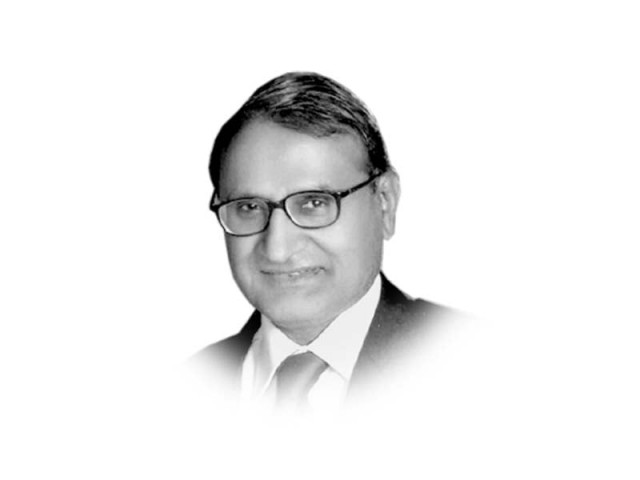Civil service reform begins
A good beginning is in a direction that the critics have ignored

Let’s face it. The crux of the matter of civil service reform is the incongruity between the centralised administrative services and federal state structure. Yet again, the inheritors of the ICS/CSP tradition, grouped now as DMG/PAS, have successfully resisted any diminution of their might. In this they have been supported by the political champions of a single national curriculum and the khaki builders of a unitary narrative. The recent official announcement laying down the contours of civil service reform has been rightly criticised for being cosmetic. The issue of political interference remains unaddressed. Improving or changing rules and procedures is the focus. These relate to appointment, performance evaluation, training, promotions and retirement. Inter-provincial transfer rules will now ensure regular movement around provinces, while provincial services will see an enhanced presence in the federal services. As a result, operations might improve and unnecessary litigation discouraged. The objective of strengthening internal accountability is to restore the confidence of the civil servants that has recently been shaken by the external accountability, such as NAB’s nabbing.
Let’s also face it. Efforts in the past at even these tangential changes did not succeed. It seems Ishrat Hussain decided not to allow best to be the enemy of good. He has done what he could and provided legal cover by inserting necessary revisions in the Civil Service Act and other related laws. At least, the reform process has begun. A good beginning is in a direction that the critics have ignored. A most important aspect of the reform is the issue of diminishing competence, reflected in the gross failure to deal with international contracts, policy reform technicalities with the aid donors, emerging realities of economic life and service delivery. The discussion of the “Electables and the Unelected” in these columns on January 15, 2021, drew the conclusion: “What is needed is a blend of professional expertise and experience of ground reality. With some reform, the existing system of entry, training and postings can continue for a grip over the ground reality. Once the officers reach a certain level, they must be required to indicate their preference for any of the three groups of ministries — economy, social sector and others. Three or four years of relevant academic work and professional training should follow, before posting for the remainder of their career in the chosen group.” Happily, on the table is the creation of an All Pakistan National Executive Service (NES) for senior management positions drawn through a competitive process from among the federal, provincial and local government cadre, ex-cadre and non-cadre officers, those working in autonomous bodies and other public sector entities. Under the NES, four specialised cadres will be introduced for Economic Management, Technical, Social Sector Management and General Management. In addition, two new streams of recruitment — Management Positions (MP) scales and Special Professional Pay Scales (SPPS), will attract expertise from outside of the government. Hopefully, they will occupy the cadre positions and not just be the professional advisers without any power to take decisions. Finally, ministers in charge of technical divisions will be allowed technical advisers attached to their office to facilitate an informed critical view of what comes up from the bureaucracy.
While recommendations have been made, the reform in the provincial sphere has been left — wisely — to the provinces. As local governance also lies in the provincial domain, it will now be up to the provinces, especially those never failing to quote chapter and verse from the 18th Amendment, to move towards their own sets of reform for social sector uplift and effective public service delivery.
Published in The Express Tribune, January 29th, 2021.
Like Opinion & Editorial on Facebook, follow @ETOpEd on Twitter to receive all updates on all our daily pieces.
















COMMENTS
Comments are moderated and generally will be posted if they are on-topic and not abusive.
For more information, please see our Comments FAQ